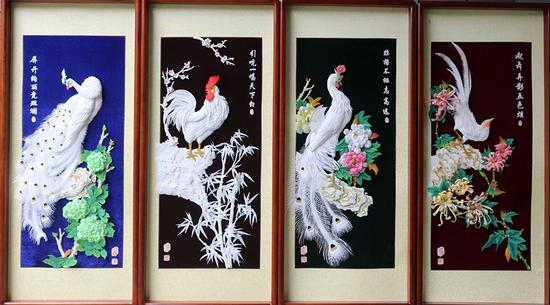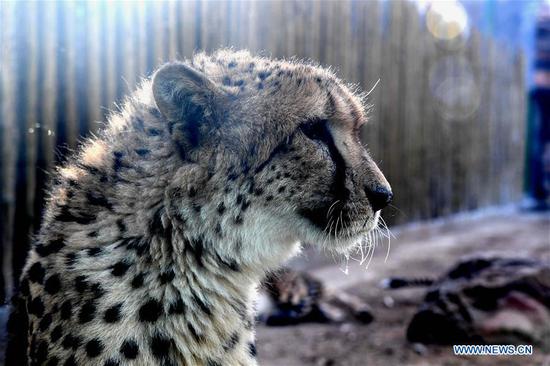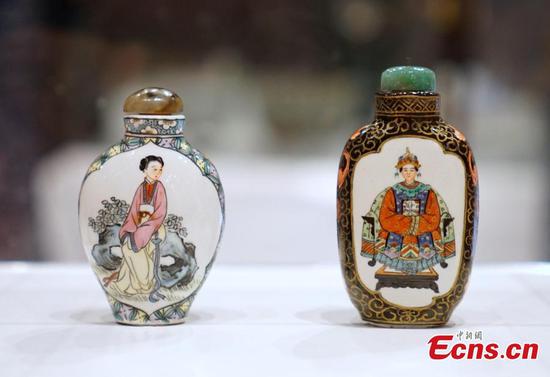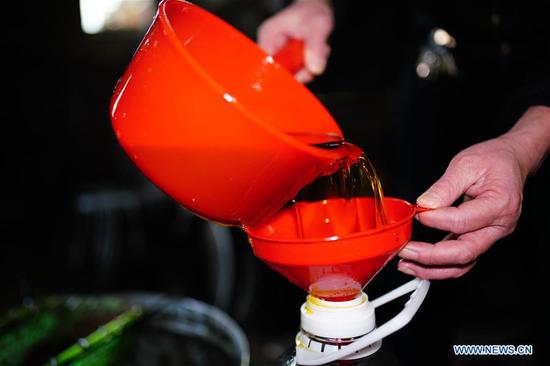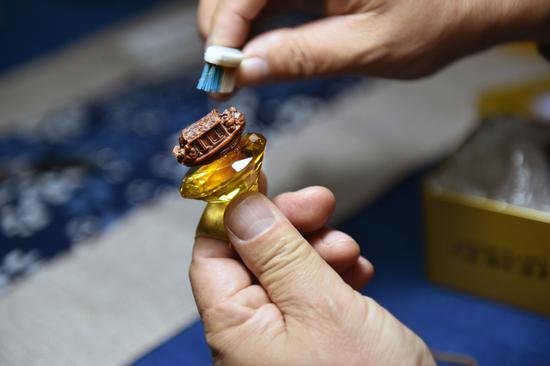Amid the high-rise buildings, tempting casino lights, and crowds of people, Macao's iconic black-faced spoonbill still makes this coastal region its home.
Native to East Asia, the black-faced spoonbill is a large white wading bird with signature black spatula-like bill. The shape of its bill also resembles a Chinese music instrument “pi pa”. That's why it gets a vivid Chinese name “pi lu” (“lu” refers to egret herons).
Black-faced spoonbills favor fish and shrimp in wetlands and intertidal zones along the coastline. With the advantage of long, slim legs, they can easily forage in shallow water. At noon, they usually lounge on the bank or rest on the mangroves nearby.
Commonly known as a monogamous bird, the black-faced spoonbill finds just one mate, but only for a season at a time. The beginning of a romantic and stable relationship is marked by the two birds building a nest together on the tall tree, similar to some people's requirement of having a house before marriage.
In around a week, the black-faced spoonbill couple turn their sweet new home into a nest. They normally breed between March and September near the Korean Peninsula and northeast China's Liaoning Province. The Korean demilitarized zone (DMZ) where humans are prohibited from crossing to and fro, is an ideal summer breeding ground for the black-faced spoonbill.
The birds migrate southward to their winter roosting wetlands once summer comes to an end. Taiwan, in southeast China, is always their favorite destination, with more than 50 percent of black-faced spoonbills in the world wintering there. But many arrived in Macao earlier this November to enjoy the sunshine.
According to the Hong Kong Bird Watching Society (HKBWS), there were only about 3,941 black-faced spoonbills in East Asia in 2017 and 44 of them spent winter in Macao's mangroves. Back in 1989, only six black-faced spoonbills were spotted in Macao. The increasing number reflects the improving wetland environment in Macao over the years.
Although the number of black-faced spoonbills has risen from 288 in 1988 to almost 4,000 today, they are still threatened by a constantly deteriorating habitat due to industrial developments and land reclamation. They are deemed as an endangered species by the International Union for Conservation of Nature (IUCN) Red List and are under the second-class protection in China.
Not only was the bird the mascot for the 2nd Asian Indoor Games held in 2007 but it is now Macao's new tourism mascot, ‘Mak Mak'. Its elegance shall always be cherished by people.











